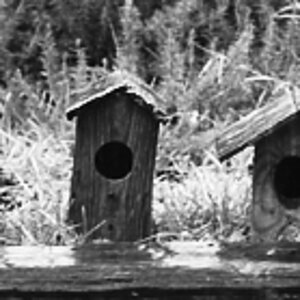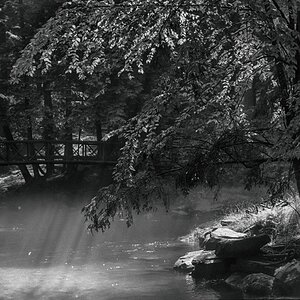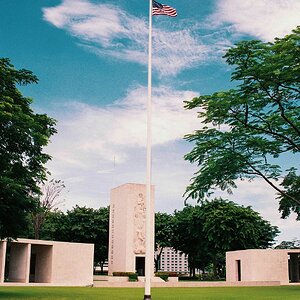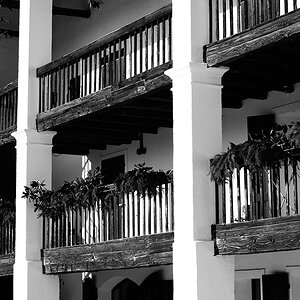exemplaria
TPF Noob!
- Joined
- Sep 18, 2012
- Messages
- 119
- Reaction score
- 19
- Location
- Minneapolis, MN
- Can others edit my Photos
- Photos OK to edit
The fact that people are allowed to pay to come in during certain hours does not make it a public place. By that definition, every privately owned museum, stadium, concert hall or attraction is a "public place", and we all know that's not true.
OTOH, I can find hundreds of photos for sale of "Cloud Gate" (the Chicago Bean), most of which do not mention the artist's name (Anish Kapoor, if you're interested). I can also find plenty for Spoonbridge and Cherry in Minneapolis, or The Sphere in NYC. So it appears if it's in a truly public place there's no issue.
Yes, in fact every privately owned museum, stadium, concert hall or attraction is legally a "public place" since the public has access to it, if they pay to enter. You should spend the time I do, with the law.
I should point out that the definition of a "public place" was made in the US Supreme Court in the Sony case several years ago, and it became part of intellectual rights and copyright treaties with other countries.
skieur
Well yes we've obviously seen your deep knowledge of foreign law, what with being totally and completely wrong about the Eiffel Tower, but don't let that stop you from spouting off like you're an expert.
Listen, neither of us is a lawyer, and what these definitions mean in a vernacular sense is often far different from what they mean in a legal sense. The only legal advice I can give is "Stop pretending you're an expert on things you're clearly not" - no charge, but it's rock solid advice.














